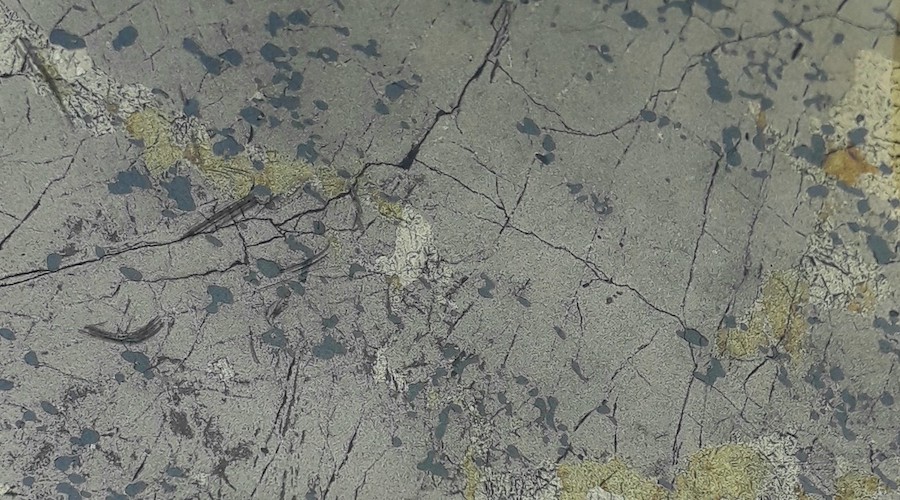BHP, university researchers to explore four-dimensional controls on nickel mineral systems

Nickel is a major component in the lithium-ion battery cathodes used in the manufacture of EVs. But production is highly concentrated in Asia, with Indonesia being responsible for about 33% of the global supply of the metal, followed by the Philippines with 12% and Russia with 11%. When it comes to processing, China takes the lion’s share as the country refines about 35% of the nickel produced globally.
Given this state of affairs, finding untapped sources of battery metals elsewhere and innovative and environmentally friendlier ways to process them has become an important quest for countries and companies taking steps towards a greener future.
Having this in mind, the teams at Leicester and UWA have already been examining the processes involved in the sources and transport mechanisms of metals through the lithosphere in magmatic systems.
This ongoing research work will now be coupled with novel advances in experimental petrology and tectonic modelling to highlight ‘sweet spots’ of crust that have undergone a series of favourable processes through geological time.
The underlying research is expected to challenge scientists’ current understanding of the nickel mineral system, potentially opening up new exploration search space for nickel across the globe.
“We are delighted to have agreed to this partnership with BHP. It is particularly exciting to have the opportunity to apply some of our recent and ongoing research on nickel-copper-platinum group metal deposits directly to exploration targeting,” lead researcher David Holwell said in a media statement. “We have a truly international and diverse team with complementary expertise.”




